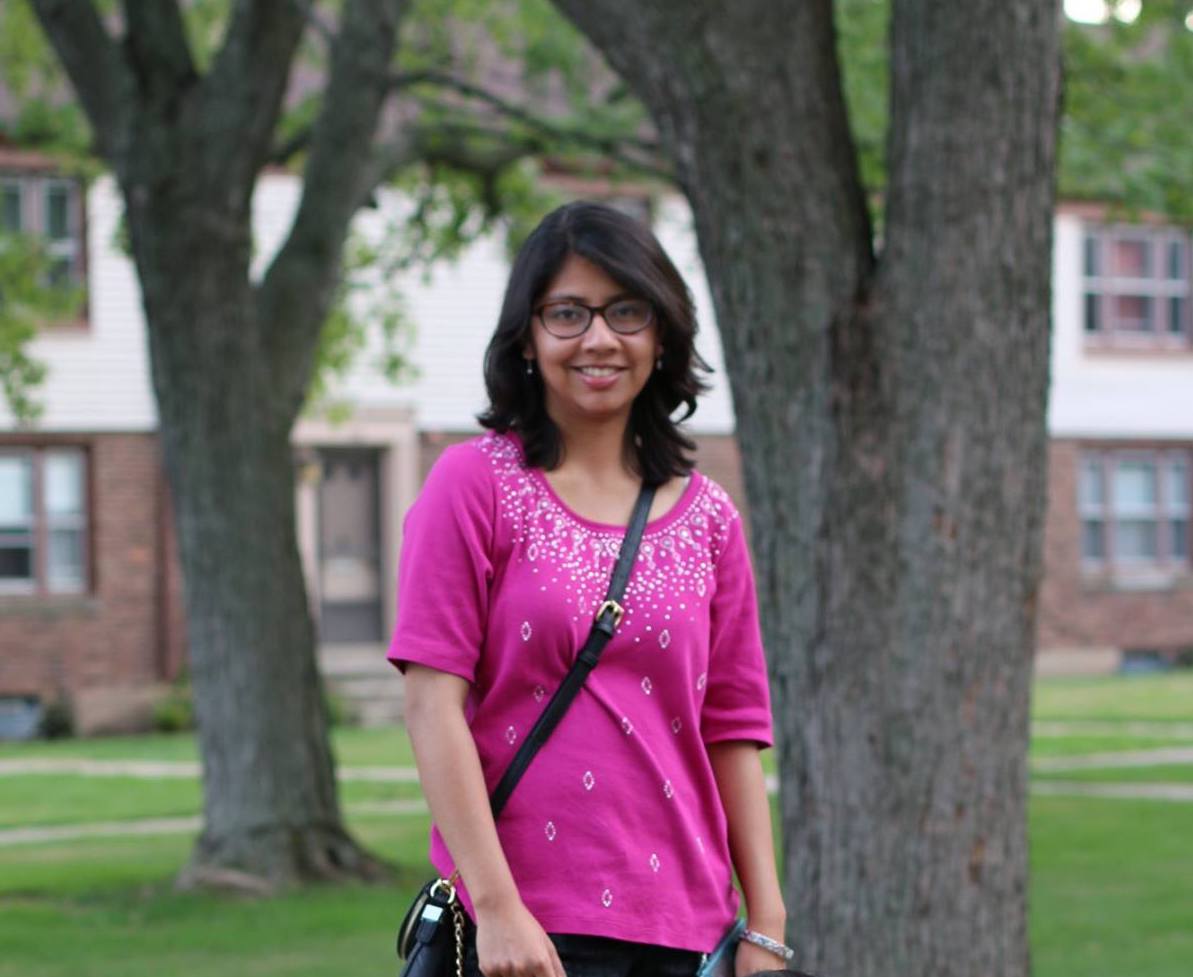Research
My main focus these days are multimessenger searches for sources of astrophysical neutrinos with IceCube, and, constraining beyond-the-standard-model Physics with HAWC.
Neutrino Astronomy
I am working with IceCube collaborators on tools to enhance our sensitivity to point- and extended-source searches, and cross-correlating very-high-energy gamma-ray data with neutrinos. My current projects include the search for neutrino emission from clusters of galaxies, and studying the signatures of dark matter annihilation in the Sun. I am also assisting with various tasks for improving the infrastructure for sending neutrino alerts to the community in realtime.
Probing Anomalous Fluxes of Gamma rays and Cosmic rays
Precision measurements of cosmic rays and the gamma-ray sky over the last decade have revealed certain astrophysical "anomalies", such as the increasing positron fraction, the constant antiproton-to-proton ratio, and a bright, steady emission of gamma rays from the Sun at multi-GeV energies. I have contributed to analyses of HAWC data, investigating the aforementioned puzzles in the TeV range and exploring their connections to indirect searches for dark matter.
List of Publications
ORCID INSPIRE ARXIV
